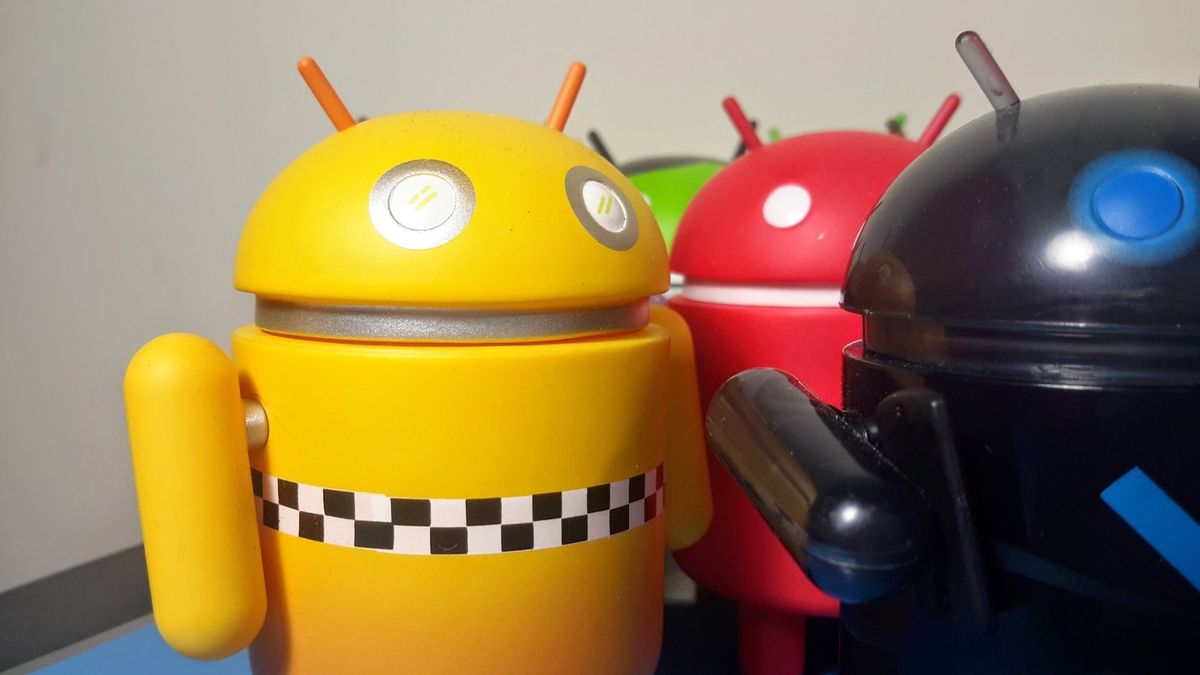
You shouldn't steal eBooks unless you have good lawyers
When Tech Giants and IP Rights Collide: A Tale of Two Standards
In a fascinating development that highlights the complex world of digital intellectual property rights, we're seeing a stark contrast in how different players approach content protection. While Amazon tightens restrictions on eBook transfers to prevent piracy, Meta stands accused of massive-scale copyright infringement to train its AI models. This dichotomy perfectly illustrates why robust IP protection has become more critical than ever in our digital age.
The story begins with Amazon's recent crackdown on Kindle users transferring eBooks to computers. While this may seem heavy-handed to consumers who simply want to back up their purchases, it represents a traditional approach to protecting intellectual property rights. The restriction aims to prevent the stripping of DRM protection, which could lead to unauthorized sharing and lost sales.
However, the more shocking revelation comes from Meta's alleged actions. Court documents suggest the company deliberately acquired 82 terabytes of DRM-free eBooks to train its Llama AI model. What's particularly striking is the internal dialogue documented in these proceedings. Meta's employees initially expressed ethical concerns about using pirated material, with one senior AI researcher stating that it "should be beyond our ethical threshold." Yet, after pressure from leadership, including Mark Zuckerberg himself, the tone shifted dramatically to making jokes about corporate piracy.
This reveals a troubling double standard in how intellectual property rights are enforced. While individual consumers face strict limitations and potential legal consequences for small-scale violations, large tech companies appear to operate under different rules. The financial resources and legal teams at their disposal create an uneven playing field in IP protection.
The situation highlights why blockchain-based verification systems have become increasingly vital for creators and businesses. When even major corporations can't be trusted to respect intellectual property rights, having immutable proof of ownership becomes essential. Modern IP protection requires a solution that combines technological innovation with legal enforceability.
For content creators and businesses watching these developments, the message is clear: relying solely on traditional DRM and legal threats isn't enough. The future of IP protection lies in creating verifiable, tamper-proof records of ownership and usage rights. Blockchain technology offers this capability by providing an immutable timestamp and proof of existence that can stand up to legal scrutiny.
This case also demonstrates why many creators are turning to proactive protection measures. Rather than waiting to defend against infringement, they're establishing clear ownership records from the start. By securing their intellectual property with blockchain certification, they create an unassailable record that can deter potential infringers and provide clear evidence if legal action becomes necessary.
The contrast between Amazon's consumer-focused restrictions and Meta's alleged wholesale infringement serves as a wake-up call for anyone involved in creating or protecting intellectual property. In today's digital landscape, the ability to prove ownership and track usage rights isn't just about prevention – it's about having the tools to enforce your rights when they're challenged.
To learn more about how blockchain technology can protect your intellectual property in this evolving digital landscape, visit https://certvera.com/learn-more and discover how immutable proof of ownership can safeguard your creative works and intellectual property.